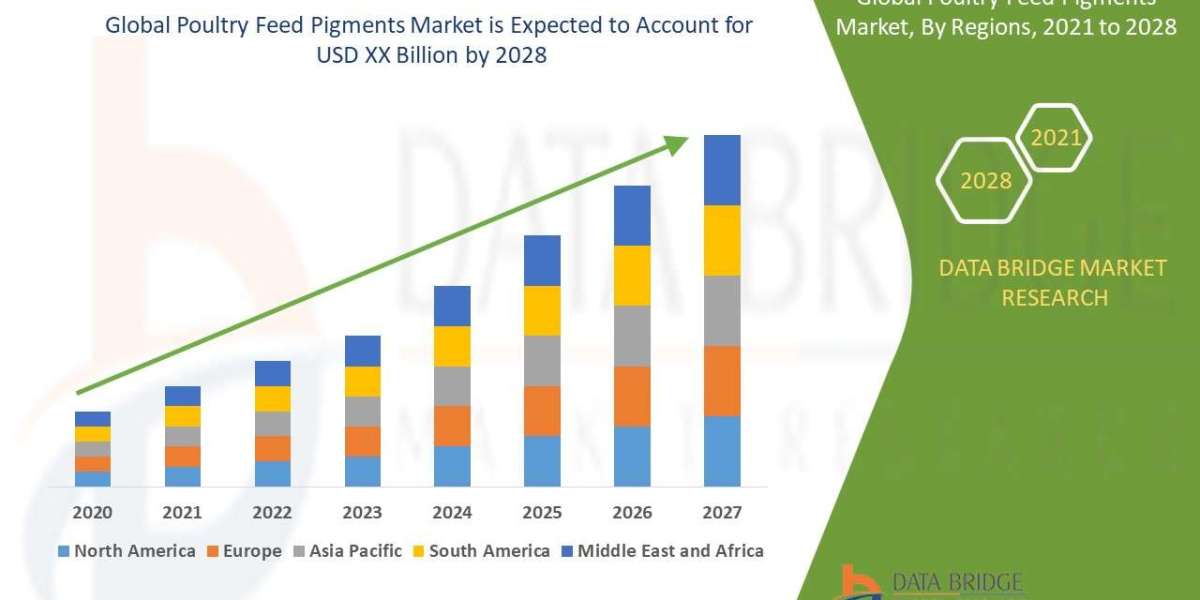Unity, pregnancy, and gender are three interwoven concepts that play a pivotal role in shaping human societies. Unity, in this context, refers to the cohesion and solidarity within communities, families, and relationships. Pregnancy is a profound biological and emotional journey that marks the beginning of new life. Gender, meanwhile, encompasses the roles, behaviors, and identities that societies attribute to individuals based on their sex. This blog delves into how these elements influence and interact with each other, offering a comprehensive understanding of their complex dynamics.
The Concept of Unity
Unity is the foundation of strong, supportive communities. It fosters an environment where individuals can thrive, feel secure, and build meaningful connections. In the context of families, unity is particularly crucial during pregnancy, a time that demands emotional support, mutual understanding, and shared responsibilities.
Unity in Family and Community
During pregnancy, unity within the family unit is paramount. It ensures that the expectant mother receives the necessary emotional and physical support. A united family can provide a stable environment, which is beneficial for the mother’s mental health and the development of the unborn child. Supportive family members can help in various ways, from attending prenatal appointments to assisting with daily chores, thus alleviating stress and allowing the expectant mother to focus on her well-being.
Communities also play a critical role. Community unity can provide a network of support through resources such as prenatal classes, support groups, and healthcare services. When communities come together to support expectant mothers, they contribute to healthier pregnancies and better outcomes for both mothers and babies.
Unity in Relationships
The relationship between partners is tested and strengthened during pregnancy. Unity between partners involves open communication, mutual respect, and shared decision-making. Partners need to support each other emotionally and practically, as this can significantly impact the pregnancy experience. A unified partnership can navigate the challenges of pregnancy more effectively, ensuring that both partners feel valued and supported.
The Journey of Pregnancy
Pregnancy is a transformative journey that brings about significant physical, emotional, and psychological changes. Understanding these changes is crucial for fostering unity and support within families and communities.
Physical Changes
Pregnancy triggers a myriad of physical changes as the body adapts to support the growing fetus. These changes include hormonal fluctuations, weight gain, and the development of pregnancy-specific conditions such as morning sickness, gestational diabetes, and preeclampsia. Understanding these changes helps partners and families provide better support to the expectant mother.
Emotional and Psychological Changes
The emotional journey of pregnancy is equally profound. Expectant mothers may experience a range of emotions, from joy and excitement to anxiety and fear. Hormonal changes can also affect mood and emotional stability. It is essential for partners and families to recognize and validate these feelings, offering empathy and support.
The Importance of Prenatal Care
Prenatal care is crucial for monitoring the health of both mother and baby. Regular check-ups can help detect and manage potential complications. Unity in family and community support ensures that expectant mothers attend these appointments and follow medical advice, contributing to a healthier pregnancy outcome.
Gender and Pregnancy
Gender roles and expectations significantly influence the pregnancy experience. Societal norms and cultural practices shape how individuals perceive and experience pregnancy and parenthood.
Gender Roles and Expectations
Traditional gender roles often assign specific responsibilities to men and women during pregnancy. Women are typically expected to take on the primary caregiving role, while men are often seen as providers. These roles can create pressure and stress for both partners, affecting their emotional well-being and unity.
Challenging Gender Norms
Challenging traditional gender norms can lead to a more equitable and supportive environment for expectant parents. Encouraging men to take an active role in pregnancy and caregiving can alleviate some of the burdens on women and strengthen the partnership. Shared responsibilities and mutual support foster a more balanced and unified relationship.
Gender Identity and Pregnancy
Gender identity also plays a significant role in the pregnancy experience. For transgender and non-binary individuals, pregnancy can present unique challenges. It is essential to create inclusive and supportive environments that respect and affirm their gender identity. Healthcare providers and communities must be educated on the specific needs of transgender and non-binary individuals to provide appropriate care and support.
The Impact of Unity on Pregnancy Outcomes
The level of unity and support an expectant mother receives can significantly impact pregnancy outcomes. Studies have shown that strong social support is associated with better mental health, reduced stress levels, and lower rates of pregnancy complications.
Mental Health and Well-being
Emotional support from partners, family, and community can improve the mental health and well-being of expectant mothers. Reduced stress levels contribute to better physical health and a lower risk of complications such as preterm labor and low birth weight.
Healthy Behaviors
Supportive environments encourage healthy behaviors such as regular prenatal check-ups, proper nutrition, and avoiding harmful substances. When expectant mothers feel supported, they are more likely to engage in behaviors that promote a healthy pregnancy.
Improved Birth Outcomes
Unity and support can lead to improved birth outcomes, including lower rates of cesarean sections, higher birth weights, and healthier newborns. The presence of a supportive partner during labor and delivery can also positively influence the birth experience, providing comfort and reducing anxiety.
Promoting Unity and Support
Promoting unity and support during pregnancy involves a multi-faceted approach that includes education, communication, and community engagement.
Education and Awareness
Education is key to promoting unity and support. Expectant parents, families, and communities should be educated about the physical and emotional changes that occur during pregnancy and the importance of support. Prenatal classes, workshops, and informational resources can provide valuable knowledge and skills.
Open Communication
Open communication between partners, family members, and healthcare providers is essential. Encouraging open and honest conversations about feelings, concerns, and expectations can strengthen relationships and provide emotional support. It is important for all parties to listen actively and respond with empathy and understanding.
Community Support
Communities can play a vital role in providing support to expectant parents. Creating networks of support, such as parenting groups, online forums, and community programs, can offer valuable resources and connections. Community initiatives that promote inclusivity and respect for diverse experiences and identities can also enhance support systems.
Conclusion
The interplay between unity, pregnancy, and gender is complex and multifaceted. Unity within families, relationships, and communities is crucial for providing the support needed during pregnancy. Gender roles and expectations shape the pregnancy experience, and challenging traditional norms can lead to more equitable and supportive environments. By promoting education, open communication, and community engagement, we can create a society that supports and uplifts expectant parents, leading to healthier pregnancies and better outcomes for all.



